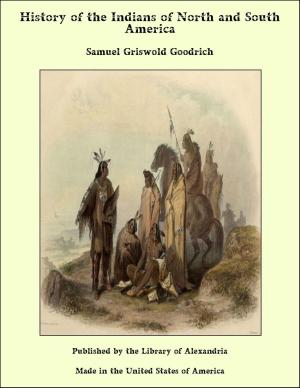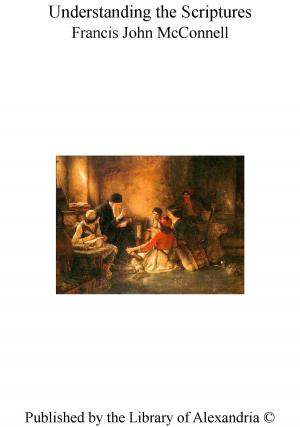Beaumarchais and the War of American Independence (Complete)
Nonfiction, Religion & Spirituality, New Age, History, Fiction & Literature| Author: | Elizabeth Sarah Kite | ISBN: | 9781465509284 |
| Publisher: | Library of Alexandria | Publication: | March 8, 2015 |
| Imprint: | Language: | English |
| Author: | Elizabeth Sarah Kite |
| ISBN: | 9781465509284 |
| Publisher: | Library of Alexandria |
| Publication: | March 8, 2015 |
| Imprint: | |
| Language: | English |
IF “good wine needs no bush” and a “good play needs no epilogue,”—and we have high authority for both these maxims,—then it should also be true that a good book needs no prologue, especially where, as in the case of Beaumarchais and the War of American Independence, the author has prefaced a valuable contribution to history by a scholarly and effective introduction. Notwithstanding this, it gives me pleasure to introduce Miss Elizabeth S. Kite’s work to the American public by a tribute to its value as a timely contribution alike to the truth of history and the spirit of patriotism. In these “times that try men’s souls,” the latter consideration may be the more important. The historic tie, which binds together the two great Republics (France and the United States) in, please God, an indissoluble alliance, cannot be too constantly emphasized at this time. It is difficult for America to play the full part, which it should play in the present world tragedy of supreme interest, unless its people have a conscious sense of their vital interest in the great issues of the titanic struggle. Unfortunately our century-old policy of isolation has until recent months given them a somewhat provincial view of world politics. The balance of power and similar questions, which were primarily of European origin and interest, but which vitally affect the whole world in these days, when Civilization is unified by the centripetal ties of steam and electricity, were until recent months only of academic interest to the average American, who like Gallio, ?cared for none of these things.? The result was that at the beginning of the world war, the average American felt that we were not as a nation concerned with the causes of the quarrel, and to this narrow and apathetic attitude is to be justly attributed America?s temporary infidelity to its noblest ideals and vital interests for a period of nearly three years. Fortunately, this policy of narrowing isolation is at an end. President Wilson?s epoch-making message of January 9, 1918, dealt with world-wide problems from a cosmopolitan attitude that would have been impossible less than twelve months ago. The transformation of America from a politically hermit nation to a, if not the, leading world power has been amazing in its swiftness
IF “good wine needs no bush” and a “good play needs no epilogue,”—and we have high authority for both these maxims,—then it should also be true that a good book needs no prologue, especially where, as in the case of Beaumarchais and the War of American Independence, the author has prefaced a valuable contribution to history by a scholarly and effective introduction. Notwithstanding this, it gives me pleasure to introduce Miss Elizabeth S. Kite’s work to the American public by a tribute to its value as a timely contribution alike to the truth of history and the spirit of patriotism. In these “times that try men’s souls,” the latter consideration may be the more important. The historic tie, which binds together the two great Republics (France and the United States) in, please God, an indissoluble alliance, cannot be too constantly emphasized at this time. It is difficult for America to play the full part, which it should play in the present world tragedy of supreme interest, unless its people have a conscious sense of their vital interest in the great issues of the titanic struggle. Unfortunately our century-old policy of isolation has until recent months given them a somewhat provincial view of world politics. The balance of power and similar questions, which were primarily of European origin and interest, but which vitally affect the whole world in these days, when Civilization is unified by the centripetal ties of steam and electricity, were until recent months only of academic interest to the average American, who like Gallio, ?cared for none of these things.? The result was that at the beginning of the world war, the average American felt that we were not as a nation concerned with the causes of the quarrel, and to this narrow and apathetic attitude is to be justly attributed America?s temporary infidelity to its noblest ideals and vital interests for a period of nearly three years. Fortunately, this policy of narrowing isolation is at an end. President Wilson?s epoch-making message of January 9, 1918, dealt with world-wide problems from a cosmopolitan attitude that would have been impossible less than twelve months ago. The transformation of America from a politically hermit nation to a, if not the, leading world power has been amazing in its swiftness















